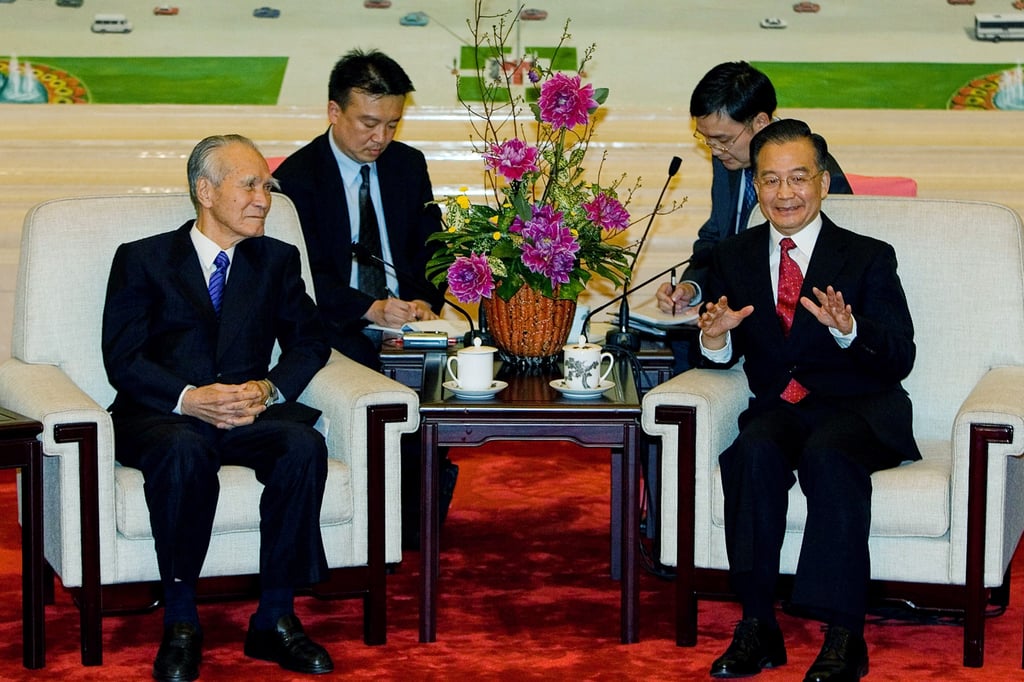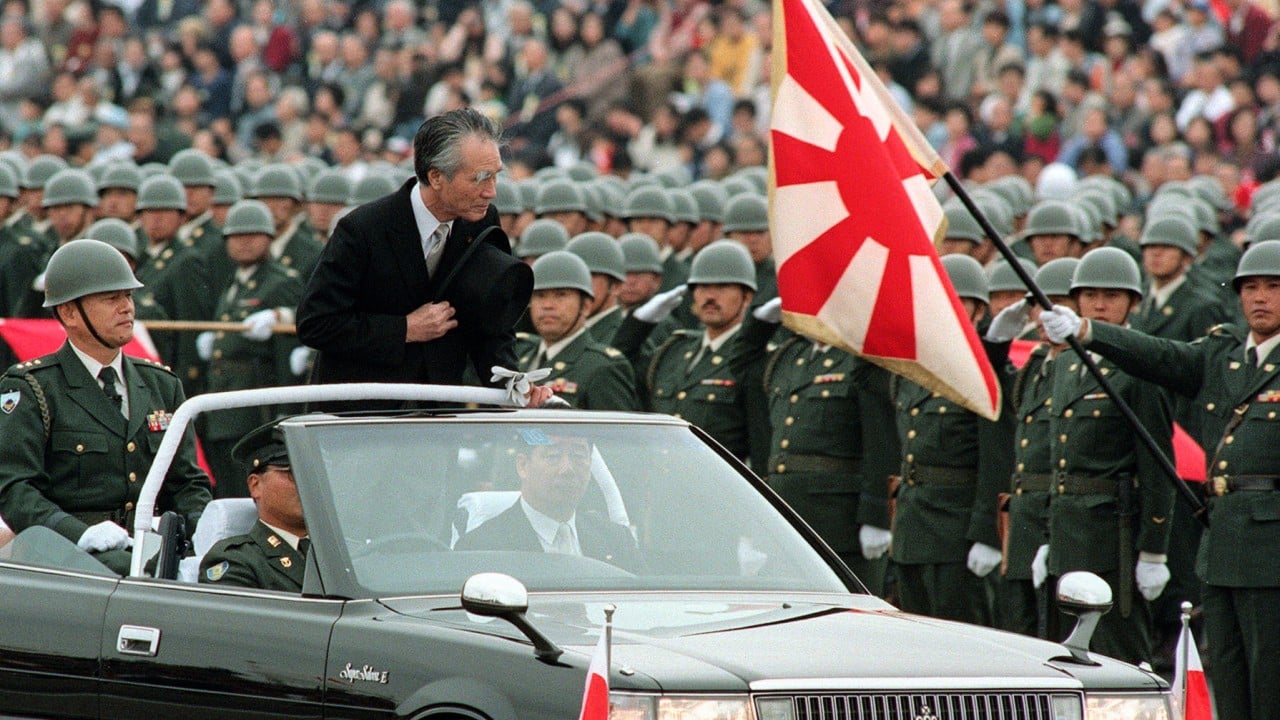Former prime minister Tomiichi Murayama, who died on Friday aged 101, was best known for his landmark apology for Japan’s World War II aggression 50 years after its surrender, an expression of contrition that became the standard for subsequent leaders.
Advertisement
As head of an unwieldy coalition of the conservative Liberal Democratic Party and his own Socialist Party from 1994 to 1996, the bushy-eyebrowed Murayama oversaw a period of turmoil including a devastating 1995 earthquake in western Japan and a deadly doomsday cult’s sarin gas attack on Tokyo’s subway system.
Murayama, however, will be remembered mainly for the statement he issued on August 15, 1995, using unprecedented language to apologise for his nation’s actions during a conflict that left a lasting legacy of bitterness with Asian neighbours.
“During a certain period in the not too distant past, Japan, following a mistaken national policy, advanced along the road to war … and, through its colonial rule and aggression, caused tremendous damage and suffering to the people of many countries, particularly to those of Asian nations,” he said at a sombre, nationally televised news conference.
“I regard, in a spirit of humility, these irrefutable facts of history and express here once again my feelings of deep remorse and state my heartfelt apology.”
Advertisement
The statement was welcomed by the United States and many Asian countries, including South Korea and China, where memories run deep of a conflict during which Japan occupied much of Southeast Asia and China.


